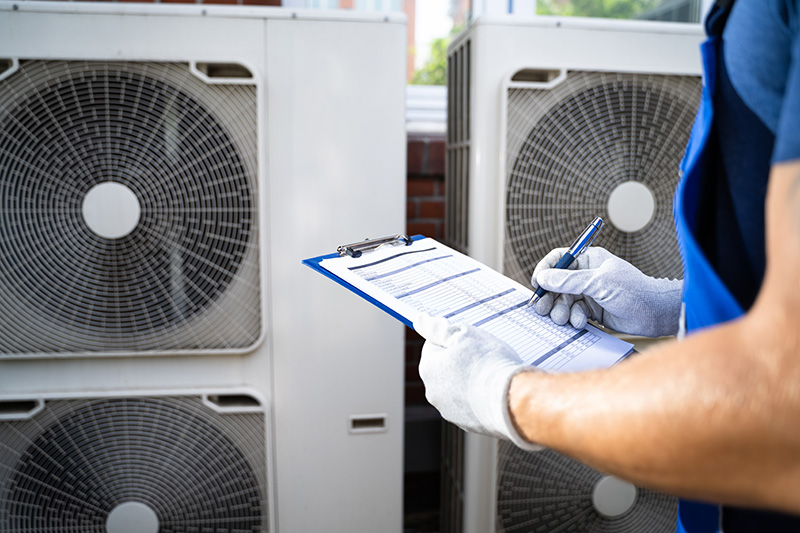Should You Use Cheap or Expensive HVAC Filters?
Everyone appreciates saving money when it's possible to do so. Still, there are times when it makes more sense to consider other factors when it comes to overall value and benefits specific to your needs. This brings us to the topic of HVAC filters. Today, we're discussing if it matters if you go with a cheap or expensive HVAC filter – and some other things to keep in mind with filters.
Why Are HVAC Filters Important?
In addition to helping your home's heating and cooling system operate more efficiently, an HVAC filter plays a vital role in the quality of the air inside your home. In fact, air filters remove an assortment of impurities and pollutants from your indoor air. This is why a quality HVAC filter offers many often-appreciated benefits, including:
- Minimizing allergy and asthma symptoms
- Reducing issues with indoor odors from pets and cooking
- Removing harmful or unhealthy bacteria and microorganisms from your indoor air
- Improving the flow of air throughout your home
- Making your home comfortable and safe on days when it's excessively hot and humid
What Are the Options with HVAC and Air Filters?
How much you'll pay for an HVAC filter depends on the type of filter you prefer or need. Typically, thinner filters aren't as good at filtering out airborne particles as thicker ones. Some filters are designed specifically for your HVAC system. You can also have a separate filter for an air purifier, which can be a standalone unit or one attached to your heating and cooling system. Some filters are disposable, meaning they need to be regularly replaced. Others are designed to be cleaned and put back into place. Electrostatic air filters capture particles with the use of static electricity, and they're also reusable.
What Should Be Considered with Filter Efficiency?
Consider what's suitable for your needs. High-efficiency particulate air (HEPA) filters are the most efficient option. According to the EPA, these filters can potentially filter out 99.97 percent of airborne particles from your indoor air. Also, with efficiency, pay attention to the Minimum Efficiency Reporting Values (MERV) rating, a reference to a filter's ability to filter out various particles from the air. MERV ratings go from 1 to 16, although somewhere between 8 and 10 is what's recommended for the average home.
So, What's the Verdict on Cheap vs. Expensive Filters?
In general, top-quality expensive filters are more effective. However, what's best for your home depends on several factors. If nobody in your home has allergies and you don't have pets or significant air quality concerns, for instance, an inexpensive filter can still be effective. The main drawback with cheaper filters is you'll need to replace them more often. This could end up being more expensive over time. Higher quality filters, while more of an initial investment, usually last longer. Plus, the filtration capabilities are better. This can be beneficial if you have health issues or a home with kids, older loved ones, and pets.
Call Us Today
An HVAC filter will only be effective if your heating or cooling system is also well-maintained. This is something we can help you out with at Romano Bros. Heating & Air. If you're noticing any issues with your HVAC system, please give us a call. We'll also let you know if there are additional steps that can help maintain your home's indoor air quality and the efficiency of your HVAC system.
Contact us today for prompt, personalized HVAC service.






